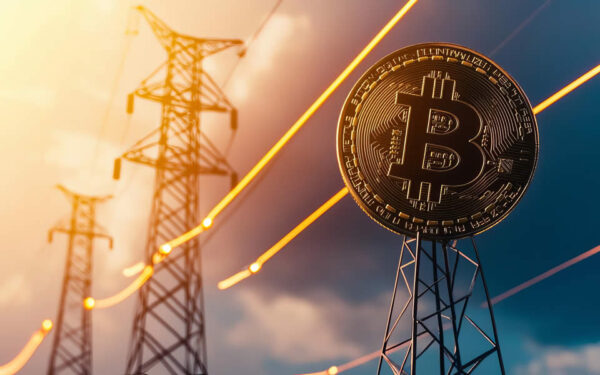The “Real State” of the Metaverse in Real Estate
The Metaverse is Impacting Every Corner of Real Estate
By Steven Baum, Partner, Assurance Services
The metaverse is an immersive digital reality which resembles a real-world experience but is accessible from the comfort of your home via a virtual reality (“VR”) headset — essentially a modern version of the internet.
At present, the news seems to be filled with stories of corporate giants like Walmart, Nike, and Facebook (now Meta) entering the metaverse — a place where this is no shortage of real estate to be had (the world has clearly changed since Mark Twain quipped, “[b]uy land, they’re not making it anymore”).
But these companies weren’t the first to move into the metaverse — the true pioneers are often acknowledged to be smaller businesses looking to complement their brick-and-mortar businesses by building projects (including outfits for avatars, gaming tools, and virtual land within their personal environment) for purchase with crypto and fiat currency.
Location, location, location… and taxes
With a crypto/real estate industry in a perpetual state of flux there are always new technologies being developed and therefore, new investment vehicles launched. Thus, the Internal Revenue Service (“IRS”) and various states continue to evaluate the correct tax positions for these types of arrangements which may not line up perfectly with the current tax code.
As with all economies, virtual or otherwise, the IRS and various state authorities want their piece of the action. As it relates to virtual plots of land there are a few tax implications to keep in mind.
For example:
- Buying non-fungible tokens (“NFTs”) with cryptocurrency may trigger a taxable event. The IRS considers cryptocurrency to be property. To the extent that the purchase price of the NFT is greater than the buyer’s tax basis in the cryptocurrency, the difference might be taxable gain. On the other hand, if the purchase price of the NFT is less than the basis in the cryptocurrency, the loss might not be deductible.
- You will also need to consider if the token for the platform where you are interested in buying property is available on most exchanges or if you will need to exchange a more popular cryptocurrency to access the fungible token needed to trade for a parcel of virtual land. This too can trigger a taxable event.
- As with real property, the NFT you are holding can appreciate if it becomes a desirable location in the metaverse. Although there is no specific guidance from the IRS at present as to what happens if you buy or sell land in the metaverse, the land should be treated as property and you should follow similar guidance as to digital assets. Assets in the metaverse are tokenized as NFTs and it can be argued that NFTs can be categorized as digital art and thus subject to the 28% collectibles capital gains tax. However, if you sell your NFT for crypto, the IRS says that a crypto for crypto sale would be subject to capital gains tax. What complicates matters further is that each metaverse has a currency (i.e., MANA, SAND) and people can now make in-game income from games played in the metaverse. If you decide to sell your plot of metaverse land you will likely be subject to capital gains tax or potentially ordinary income, especially if it is in the course of regularly creating and selling NFTs in the metaverse.
Look before you leap
A users’ ability to create, buy, and sell goods and/or services translates to a virtual economy, and the ability of investors to make the most of the metaverse — including store fronts, concerts, event centers, housing, and more — rests on investors understanding certain considerations:
- Understand the underlying technology. In order to enter the virtual land investing discussion, a company must have a general understanding of the underlying technology which the platform is built on. This would require the company to ensure that they have the technical resources to store, track, and secure the digital assets that they hold in custody.
- Research and decide which metaverse or platform is best for your investment. There are many different environments where virtual land can be purchased and each environment has its own technical resources and capabilities. This is an important factor when investing in virtual land as the future value will depend on the ability of the network to maintain the underlying code and create hardware to support the platform.
- Learn the metaverse acquisition process. “They” say money talks; in the metaverse, NFTs howl. Ownership of land in the metaverse is transferred via NFTs, or unique tokens used to represent virtual assets such as a unique collectible or, in this case, property.
As you make your way into the metaverse, you need a guide who knows the way. Your Marcum LLP advisor can get you there and keep you updated on changes in both the real and virtual worlds. Contact us now with any questions.






